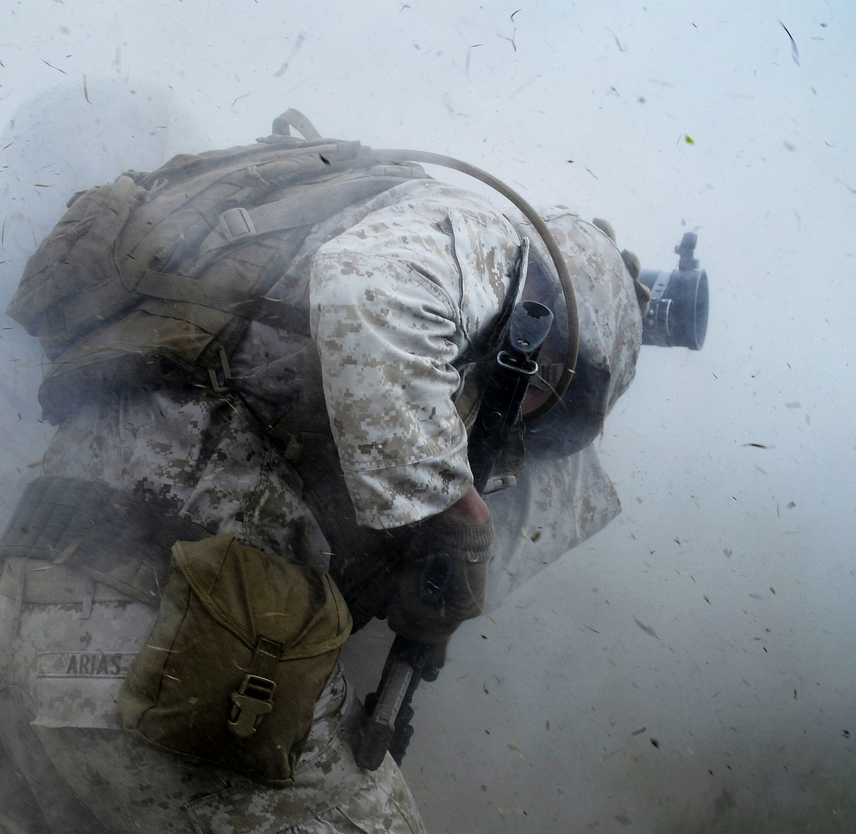
What are the effects of blast injuries?
Many individuals who’ve been exposed to blast injuries come home with significant and persistent problems in brain function, as well as behavioral changes. And there’s a long list of symptomology related to this that can be in terms of headaches, problems with hearing and balance, sleep disorder. And on the behavioral side, mood changes, difficulty concentrating, memory problems, mood swings, depression, anxiety.
One thing that is important to keep in mind is that there has been a debate in terms of how much of blast injury is physical damage and how much is a mental health issue in terms of the mind’s response to this problem. Sorting out what is a mental health issue and what is an actual physical injury to the brain has been a difficult thing. We really don’t have the tools for this and I think that some of our findings are going to provide some of those tools, but up until now this has been a very difficult problem.
In addition to significant mental health issues after a blast injury, there is also actual physical damage to the brain. And that needs to be taken into account in terms of diagnosis and in particularly in terms of treatment. At times the discussion gets very polarized. It’s a mental health problem. End of story. Or it’s an organic problem. End of story. I think these are overlapping conditions. They are superimposed on each other and we have to dissect out what’s what using data, using evidence, rather than just the discipline one comes from.
Related Resources
About the author: Daniel P. Perl, MD
Dr. Perl is a Professor of Pathology at USUHS and Director of the CNRM's Brain Tissue Repository, where he has established a state-of-the-art neuropathology laboratory dedicated to research on the acute and long-term effects of traumatic brain injury among military personnel.

